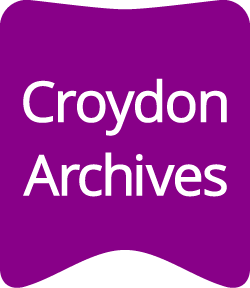- CB177
- Corporate body
- 1904
The primary object of this society is the consideration and discussion of Social and Religious Questions in the light of the best thought of the day, with a view to the furtherance of the principle of Brotherhood in all the relations of life. For this purpose, meetings open to all, were held weekly with invited speakers. Walks, a reading circle and social gatherings were also held.
In addition, the society took up active social work, in various directions.
Appeal were made in the local press for assistance in providing treats for the poorest children of the borough. These included outings such as a trip by special tramcar to Gardners pleasure resort , Riddlesdown, free admittance to the matinees at the Theatre Royal Christmas Pantomime and a new year treat for children in Croydon Workhouse.
Meetings were held at Tamworth Hall, Tamworth Road on Sundays at 7pm and later at the Gymnasium Hall, 117b, High Street, Croydon. Members contributed a minimum of sixpence a year towards the necessary expenses. Its affairs were managed by a committee which was democratically elected and subject to retirement annually. The society had a motto; Every Social Question is at bottom a Religious Question.
The society was founded in 1904.
